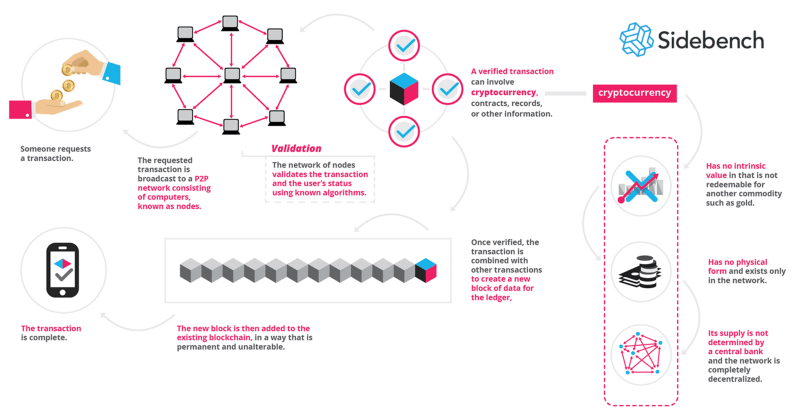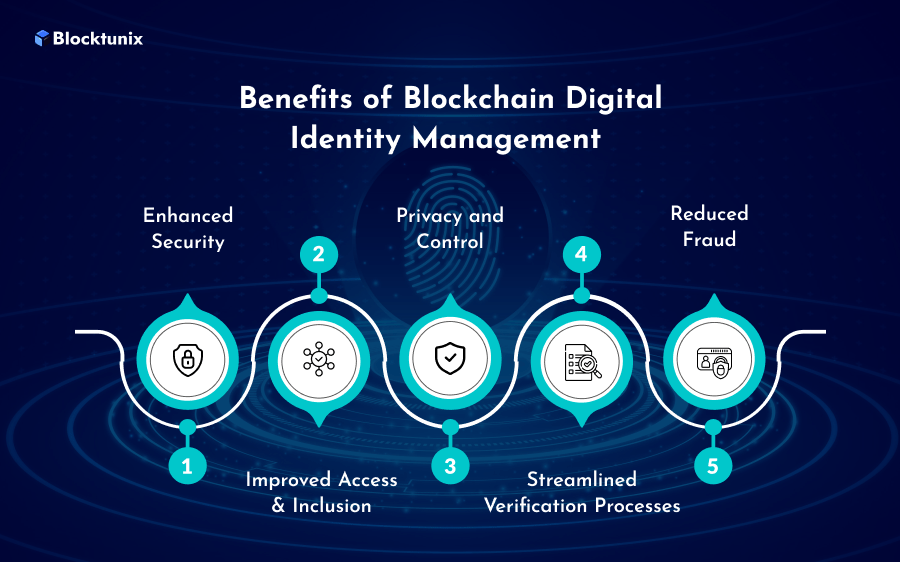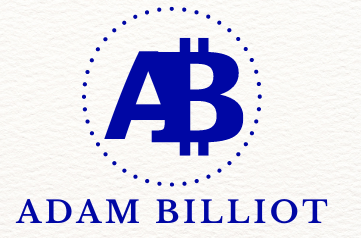What does the future of digital identity look like for you in a world increasingly governed by technology? As we navigate through the complexities of online interactions, personal data security, and identity verification, one technology increasingly offers promising solutions: blockchain.

Understanding Digital Identity
Digital identity refers to the online representation of an individual, organization, or entity across various platforms and systems. This representation can encompass a wide array of information, including usernames, passwords, personal details, verification documents, and even transactions.
Your digital identity is no longer just a simple login; it is foundational to almost every aspect of your online life, from social interactions to financial transactions. As service providers shift from traditional identity verification processes to digital solutions, understanding how these identities can be protected and managed becomes paramount.
The Importance of Secure Digital Identity
In an era where cyber threats are rampant, the necessity for secure digital identities cannot be overstated. You face risks such as privacy breaches, identity theft, and unauthorized access daily. Your digital footprint can expose you to dangers that are both professionally and personally debilitating.
The significance of an effective digital identity management solution often manifests in multiple sectors, including:
| Sector | Impact of Secure Digital Identity |
|---|---|
| Finance | Protects against fraud and ensures seamless transactions |
| Healthcare | Secures private health information and fosters trust between patients and providers |
| E-commerce | Enhances user experience through personalized services while ensuring security |
| Government Services | Facilitates identity verification and administrative efficiencies |
The Blockchain Revolution
Blockchain technology, often synonymous with cryptocurrencies, extends far beyond digital currencies. At its core, blockchain is a decentralized, distributed ledger that records transactions across multiple computers. Its structure ensures that the records cannot be altered retroactively, making it a reliable tool for verification and transparency.
How does this relate to digital identity, you may ask? The inherent properties of blockchain—decentralization, transparency, and immutability—provide an innovative framework for securely managing digital identities.
How Blockchain Changes Digital Identity Management
Decentralization of Identity
In traditional systems, your identity is controlled by centralized authorities such as banks, government bodies, or social media platforms. This centralization can lead to data silos and vulnerabilities.
Blockchain breaks this mold by allowing you to retain control of your identity. Instead of having multiple accounts across platforms, you can create a singular authenticated identity stored on the blockchain. This means you control who accesses your information and under what circumstances.
Enhanced Security
Through cryptographic methods, blockchain enhances your security. Each transaction or interaction is encrypted, ensuring that only authorized parties can access your data. You no longer need to worry about weak passwords or unauthorized access to your information.
Improved Privacy
With traditional identity management, personal data is often collected, processed, and stored by multiple entities, raising concerns about privacy. Blockchain allows for a more privacy-centric approach. You can share specific pieces of your identity without revealing the entire dataset. This selective disclosure helps in protecting personal information.
Streamlined Verification Processes
Imagine being able to verify your identity with minimal friction. Blockchain allows for instantaneous verification, eliminating the need for tedious paperwork or multiple verification steps. Your digital identity can serve as a credential, greatly simplifying online transactions.

Real-World Applications of Blockchain in Digital Identity
Many organizations and innovators are currently leveraging blockchain to redefine digital identity management. Here are some illustrative examples:
Self-Sovereign Identity (SSI)
Self-sovereign identity is a concept that empowers individuals to own and control their identities. With SSI, you can securely store your identity credentials on the blockchain and share them only when necessary. This development reduces dependency on third-party services, thus enhancing privacy.
Digital Identity Verification in Financial Services
Financial institutions are increasingly adopting blockchain for customer verification processes. Utilizing blockchain can streamline know-your-customer (KYC) requirements and reduce fraud, while also enhancing trust and customer satisfaction.
Government Initiatives
Several governments are exploring blockchain for national identity initiatives. For example, some countries are piloting blockchain-based identity programs to provide citizens with secure, digital identities for accessing government services. By doing so, they aim to enhance service efficiency while ensuring citizen privacy.
Healthcare Management
In healthcare, blockchain provides a secure method for managing patient identities and records. By using blockchain for identity management, healthcare providers can ensure that patient information is accurate and unaltered, while patients maintain control over who accesses their medical data.
Challenges in Implementing Blockchain for Digital Identity
While the potential benefits of blockchain in digital identity are substantial, numerous challenges must be addressed.
Regulatory Hurdles
The regulatory landscape surrounding blockchain is still evolving. Many governments are unsure how to manage and regulate its use, particularly concerning personal data protection laws. This uncertainty can pose challenges to businesses and individuals who seek to adopt blockchain-based identity solutions.
Technological Barriers
As with any new technology, the implementation of blockchain systems for digital identity requires substantial investment in research and development, as well as in robust infrastructure. For many organizations, the costs associated may be prohibitive.
Usability Concerns
As blockchain solutions are designed for greater security, they often require a level of technical understanding that may be outside the comfort zone for many users. Ensuring that blockchain identity solutions are user-friendly is essential for mass adoption.
Interoperability Issues
For blockchain to be effective in managing digital identities, different blockchain systems need to communicate with each other. Addressing interoperability concerns ensures that your digital identity remains functional across various platforms and services.

The Future Landscape of Digital Identity
Growth of Decentralized Identity Solutions
As awareness of data privacy and security increases, the trend towards decentralized identity solutions is expected to grow. People will demand more control over their personal information, and technology will evolve to meet this demand.
Integration with Emerging Technologies
The future will likely see the integration of blockchain identity solutions with other emerging technologies such as artificial intelligence (AI) and the Internet of Things (IoT). This combination has the potential to create highly secure, efficient systems that enhance personal and professional experiences in unprecedented ways.
Increasing Adoption by Enterprises
As more businesses recognize the significance of secure digital identity management, there will be increased adoption of blockchain solutions across industries. The competitive edge gained through enhanced customer trust and streamlined operations will incentivize many organizations to shift to blockchain-based routines.
Enhanced Government Collaboration
In the public sector, governments across the globe are more likely to collaborate on initiatives addressing identity verification challenges through blockchain technology. Initiatives may focus on shared identity verification standards to improve service delivery while ensuring citizens’ data protection.
User Empowerment
Ultimately, empowered users will shape the future landscape of digital identity. As individuals seize control of their identities, there will be increased emphasis on privacy, security, and informed consent, fostering a culture of respect towards personal data.
Conclusion
The future of digital identity is bright, driven by advancements in blockchain technology. The shift from traditional, centralized identity management systems to decentralized solutions empowers you, enhances your privacy, and simplifies verification processes. Although challenges remain, the potential applications and implications of blockchain in digital identity are earth-shattering.
As you navigate this digital age, your understanding of secure digital identity management will play a crucial role. Remaining informed will allow you to take full advantage of the opportunities presented by emerging technologies while protecting yourself from their inherent risks. By paying attention to developments in blockchain and digital identity, you can position yourself favorably as we move toward a more secure and decentralized future.
Embrace the possibilities that lie ahead, and consider how much control you want over your digital identity. The choices made today will undoubtedly shape the future landscape for everyone.





 Bitcoin
Bitcoin  Ethereum
Ethereum  Tether
Tether  XRP
XRP  USDC
USDC  Lido Staked Ether
Lido Staked Ether